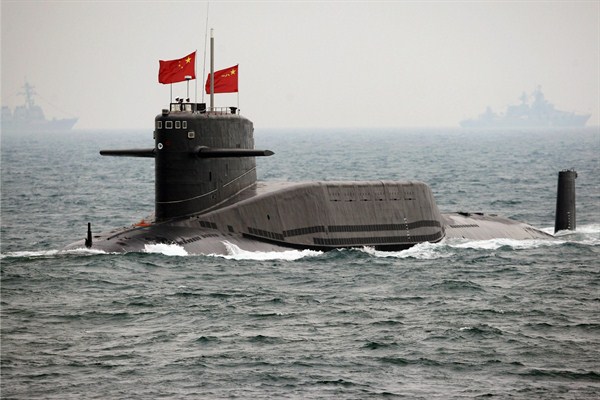Editor’s note: This article is part of an ongoing WPR series inviting authors to identify the biggest priority—whether a threat, risk, opportunity or challenge—facing the international order and U.S. foreign policy today.
The most urgent priority in international affairs today is to avoid a war between the United States and China. The consequences of such a war, military as well as economic, would be so vast as to dwarf all the other serious perils the world faces. Of course, a war is far from inevitable, but the risk is real, and much greater than most observers seem to realize, especially in Washington. Therein lies much of the danger. Unless the threats are plainly recognized, the steps needed to avoid them will not be taken.
The West is a victim here of its own good fortune. It hasn’t faced the risk of a war between major powers in a long time. It has enjoyed a holiday from power politics since the Soviet Union collapsed a quarter of a century ago, and many Western countries have forgotten how to recognize and manage the dangers of such an environment. They urgently need to learn those skills again, because power politics is back.

